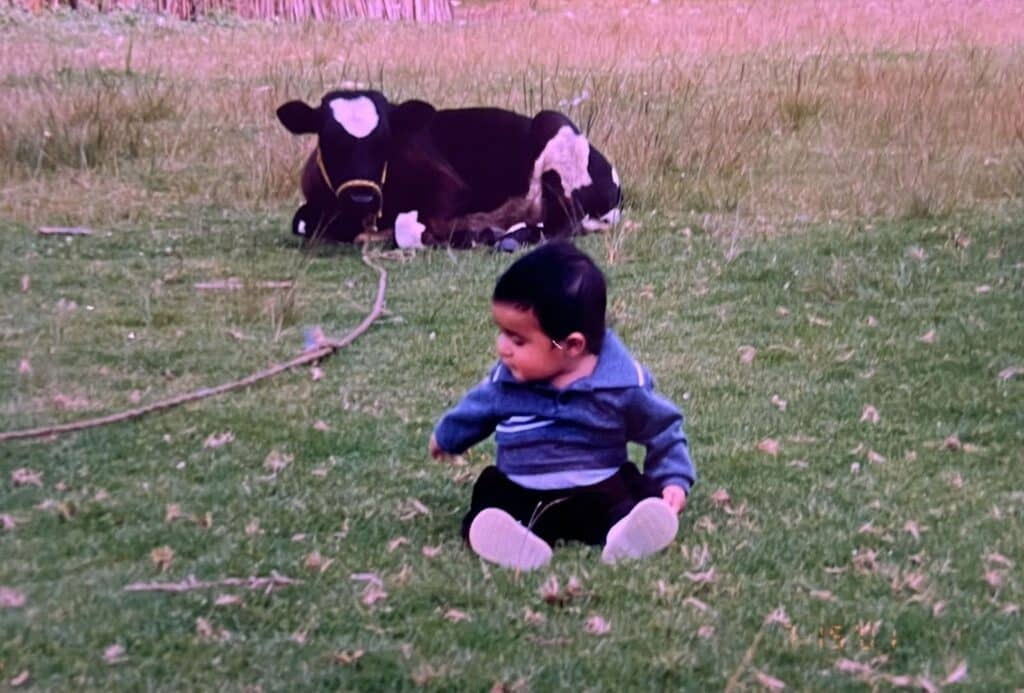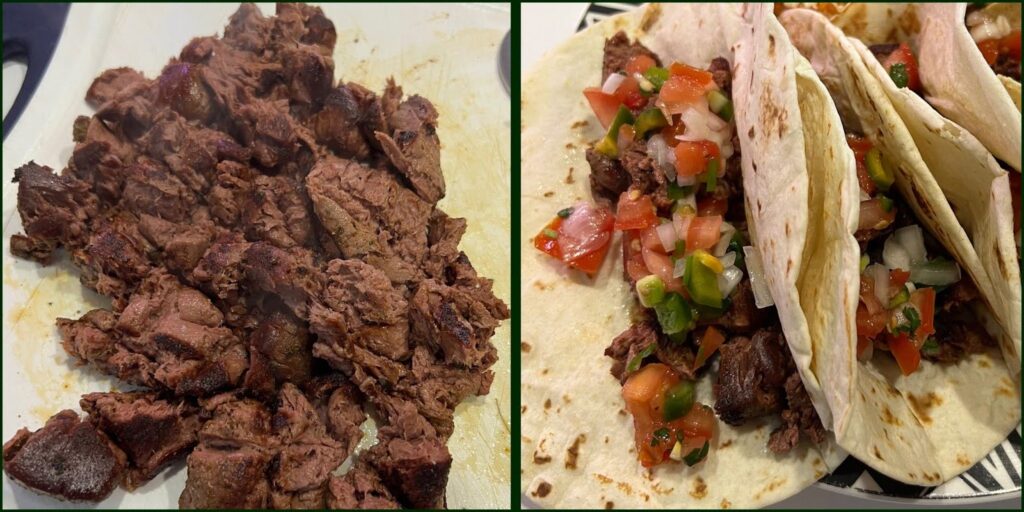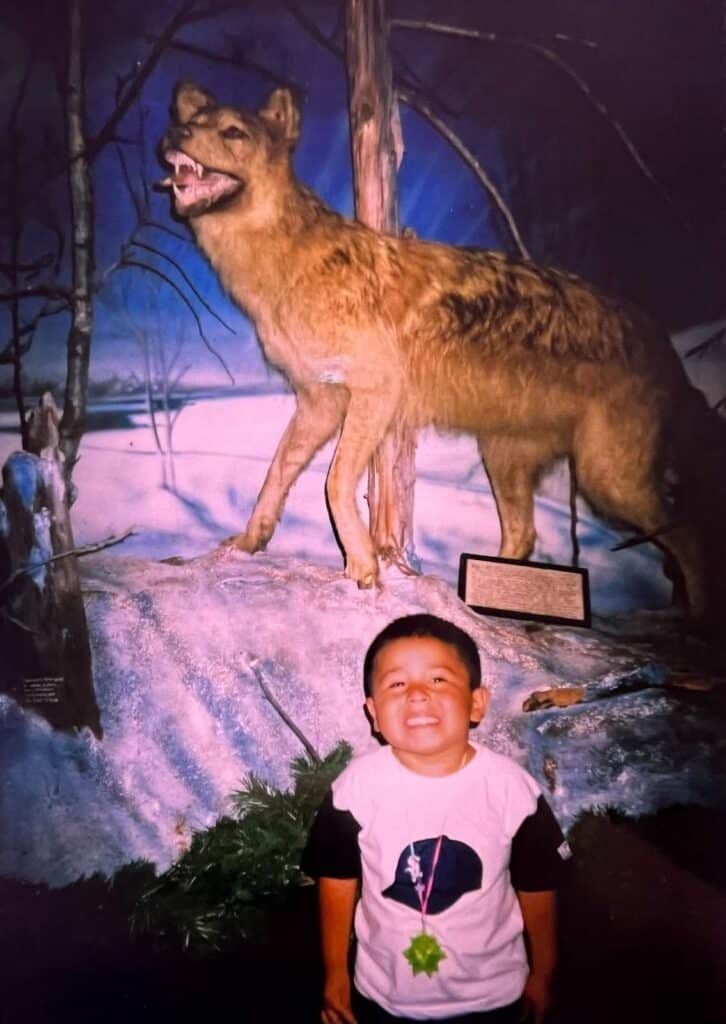
Embracing Your Heritage Doesn’t Mean You Need To Eat Meat
By Kevin Hernandez
In this blog, Green 2.0 Fellow Kevin Hernandez discusses the colonization of Mexico and how it streamlined Mexican food becoming meat-centric along with his experience as a vegetarian Mexican-American. He proposes that people try to understand their culture and encourages them to try a plant-based diet.
When you think of Mexican food, what are the main dishes that pop into your mind? Chances are you’re thinking of one of Mexico’s staple dishes where corn is the base such as tamales, tacos, gorditas, etc., but you’re likely imagining them filled with some kind of meat. This is due in part to the colonization of Mexico, which has allowed Mexican food to be seen as meat-centric.
Between 1500-1600, European colonists brought domesticated livestock like cows, pigs, sheep, and goats to Mexico. Over time, this influenced Mexican cuisine to become more meat-centric. Before colonization, Mexicans consumed a diet that was plant-focused with foods such as corn, beans, tomatoes, and chiles. Consuming meat was rare and usually included wild animals like iguanas or grasshoppers as the only domesticated animals were turkeys.
Mexico is known for its successful beef production and is now the largest source of imported beef to the United States. Unfortunately, this production is contributing to negative environmental factors that bring about climate change. Beef is also one of the worst meats to consume as it requires the most land, food, and time to produce. We can thank the colonizers for that!
However, Mexicans are fighting back and reclaiming their plant-based roots. In Latin America, Mexico has the highest number of people who follow a plant-based diet as 19% are vegetarian, 15% flexitarian, and 9% are vegan. That number is much lower in the United States as only 4% of Americans are vegetarian and 1% are vegan. The reason that people may switch to a plant-based diet is varied. Some people do it for their health, others for ethical or environmental concerns.

When I became vegetarian four years ago I made the switch because I was concerned for the environment, but I also felt guilty every time I ate an animal. This wasn’t the only time I stopped eating animals. When I was younger I was inspired by the saying in the movie Finding Nemo that “fish are friends not food” to give up eating seafood for a couple of years. That was a phase in my childhood but now, it’s part of my identity and I’m not going to give up being vegetarian.
Meanwhile, marginalized communities are already facing the brunt of climate change through extreme weather events, fossil-fueled air pollution, and other environmental injustices. These communities often have the least resources to adapt to or recover from such impacts, yet their voices and experiences are frequently excluded in climate policy discussions.

Throughout Mexican and American culture, it is still seen as “‘feminine”’ to follow a plant-based lifestyle as research has shown a relationship with toxic masculinity and high meat consumption. I also noticed a link between masculinity and meat consumption when my professor asked the class who would still eat meat if they had to kill the animal themselves. I was the only man who didn’t raise my hand along with most of the women in the class. To me, my masculinity is not defined by whether I’m able to kill an animal and eat it or not.
Given the current environmental crisis and corporate greed that has led to ethical concerns about the well-being of animals, it is imperative that we consider shifting towards a plant-based diet even if it’s just one day of the week. Each year 92.2 billion animals are slaughtered across the globe and the average American consumes about 7,000 animals in their lifetime. While switching to this lifestyle was a learning experience for me, I started trying new recipes and even found my favorite Mexican restaurant along the way. I feel better not having to worry as much about hurting animals.
While creating solutions to the climate crisis is difficult, switching to a plant-based diet is one of the easiest things every individual can do to help solve the problem. Even if it’s not the norm in your culture, you can still be proud of your heritage if you give up meat.

Connect with Kevin on LinkedIn to keep in touch with his work at Green 2.0 and beyond!
